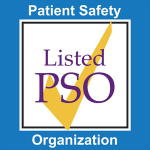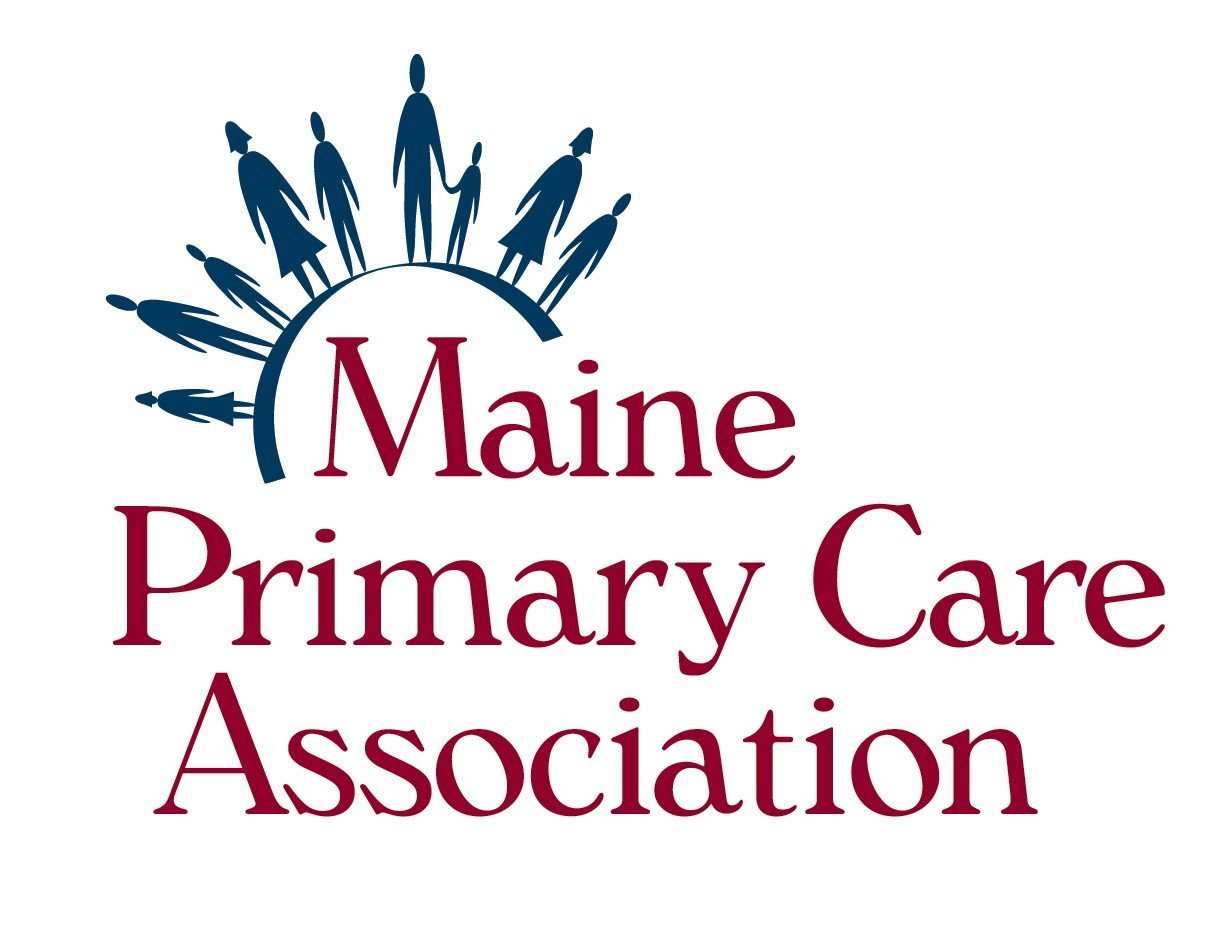Welcome to the MePCA Patient Safety Organization, the 1st PCA-led, FQHC-focused PSO in the country
We are working to generate a new definition of “patient safety,” in which Maine’s Community Health Center Network is a “trustworthy system of health care delivery” – a CULTURE OF PATIENT SAFETY – which not only addresses avoidable adverse events but also gets at inequities and dysfunctions embedded in the system that cause unseen, often normalized harm to specific populations.
Our goals:
- Create a sustainable organization that connects strongly with UDS, HCCN, VBP.
- Weave the strands of patient safety, quality, health equity and data throughout all we do.
What is “Patient Safety”?
“…a discipline in the health care professions that applies safety science methods toward the goal of achieving a trustworthy system of health care delivery. We also define patient safety as an attribute of health care systems that minimizes the incidence and impact of adverse events and maximizes recovery from such events. Our description includes: why the field of patient safety exists (the high prevalence of avoidable adverse events); its nature; its essential focus of action (the microsystem); how patient safety works (e.g., high-reliability design, use of safety sciences, methods for causing change, including cultural change); and who its practitioners are (i.e., all health care workers, patients, and advocates).” https://www.ncbi.nlm.nih.gov/books/NBK43629/
What is a Patient Safety Organization (PSO)?
- Patient Safety Organizations (PSOs) are organizations that conduct activities to improve the safety and quality of patient care.
- PSOs create a legally secure environment (conferring privilege and confidentiality) where clinicians and health care organizations can voluntarily report, aggregate, and analyze data, with the goal of reducing the risks and hazards associated with patient care.
- The Patient Safety and Quality Improvement Act of 2005 (PSQIA) authorized the creation of PSOs and the development of Common Formats for uniform reporting of patient safety events.
- PSOs serve as independent, external experts who can assist providers in the collection, analysis, and aggregation of patient safety events to develop insights into effective methods to improve quality and safety.
- Providers who establish relationships with a PSO receive uniform Federal protections (conferring privilege and confidentiality) that are intended to remove fear of legal liability or professional sanctions.
Why have a PSO?
- The core goals of the Patient Safety and Quality Improvement Act are: (1) to encourage health care professionals to improve the safety and quality of health care, (2) to understand the underlying causes of hazards in the delivery of health care, and (3) to share those results in all states within a protected legal environment, thereby minimizing any risks related to patient care.
- In short, this important legislation provides an environment in which health care practitioners can voluntarily and anonymously report safety problems, with the idea that conveying these messages will lead to improved care through a CULTURE OF SAFETY.
- The Patient Safety Act was intended to strike a balance between maintaining confidentiality and legal protections in reporting safety information and maintaining patients’ rights.
- The Act was not intended to mandate participation in any specific patient safety organization (PSO).
- It is not an error-reporting system per se and does not provide any federal funding for PSOs.
Presentations:
Resources:
Website: http://www.ecri.org/components/psocore/maine
Background, enrollment and start-up guides: https://www.ecri.org/Components/PSOcore/Pages/PSES_Home.aspx
Misc. Forms: IDDD Readiness
Questions: pso@mepca.org

